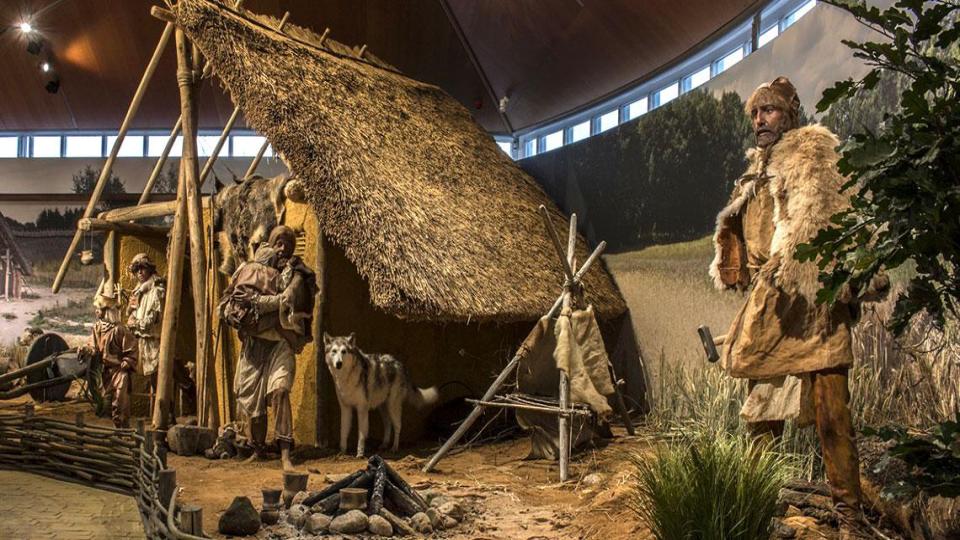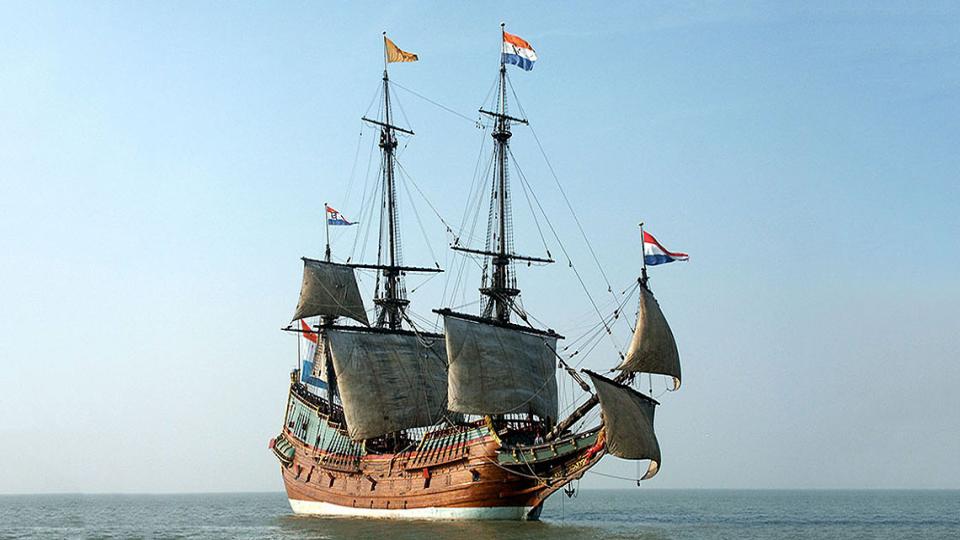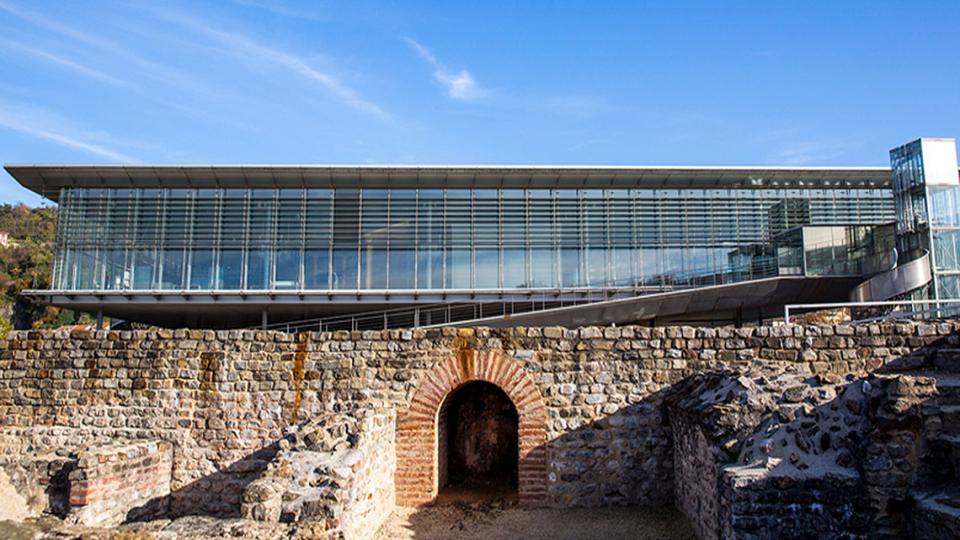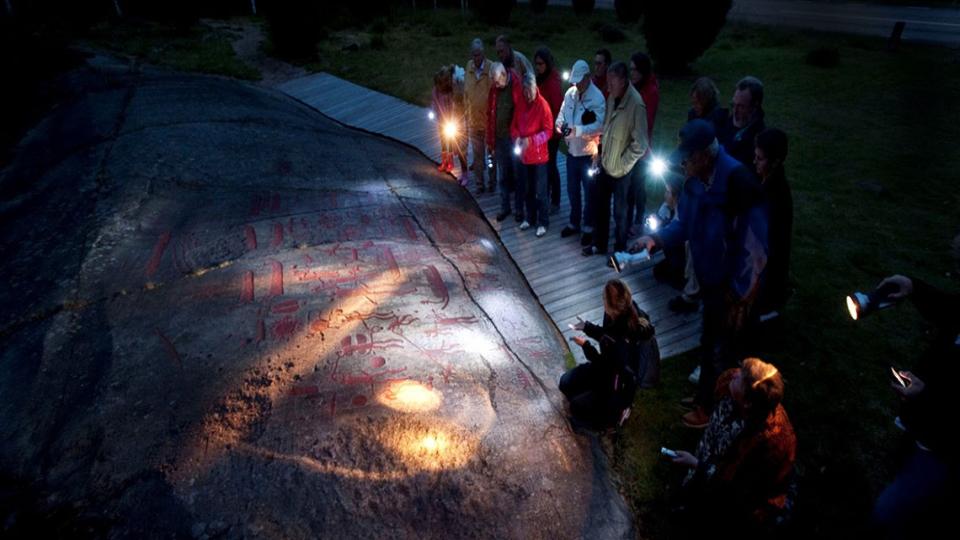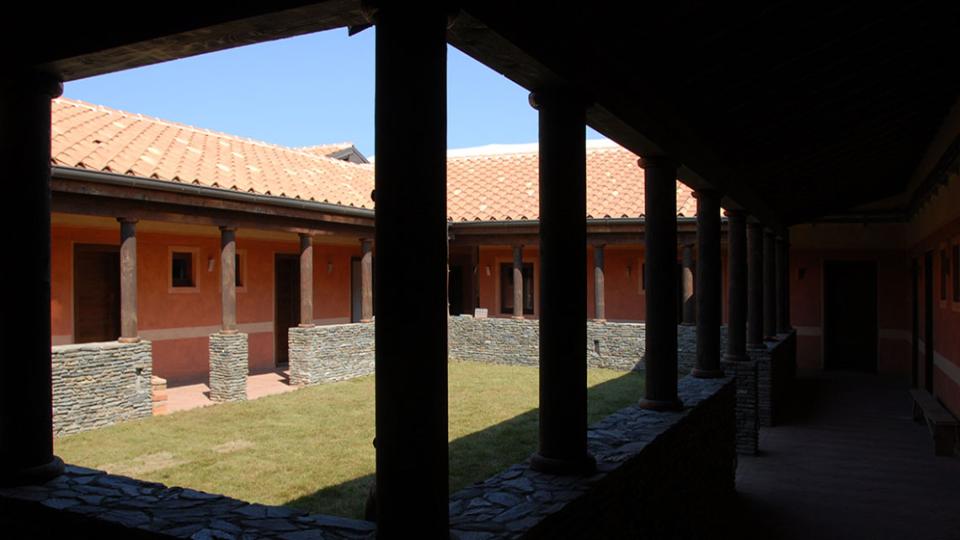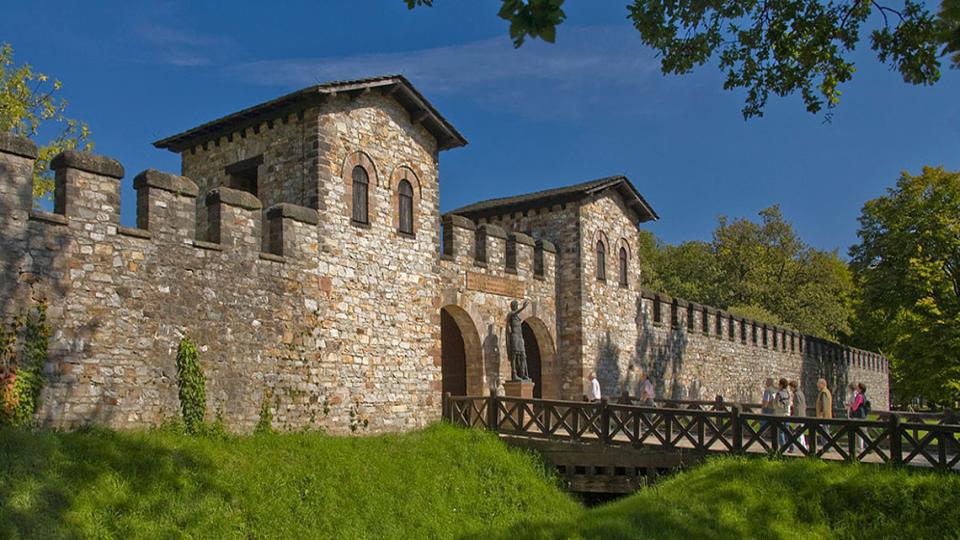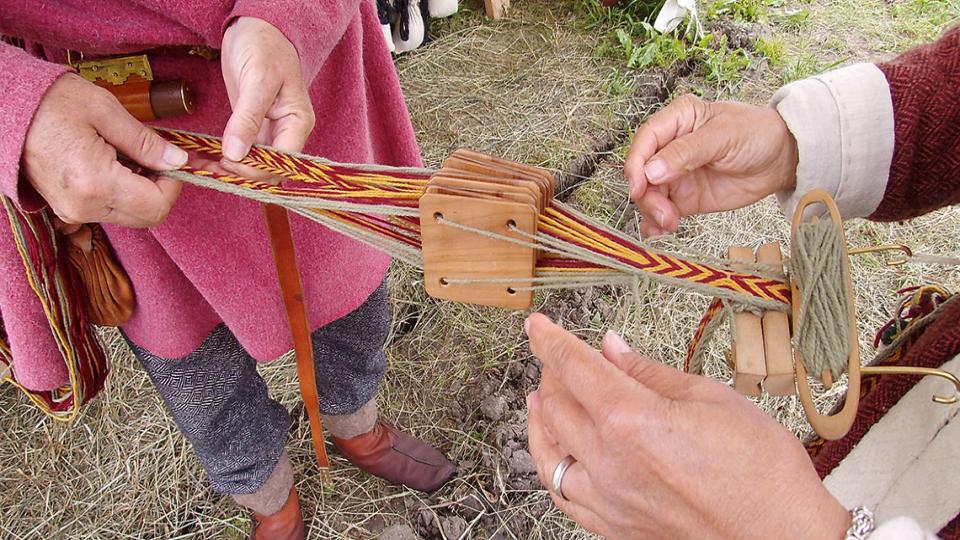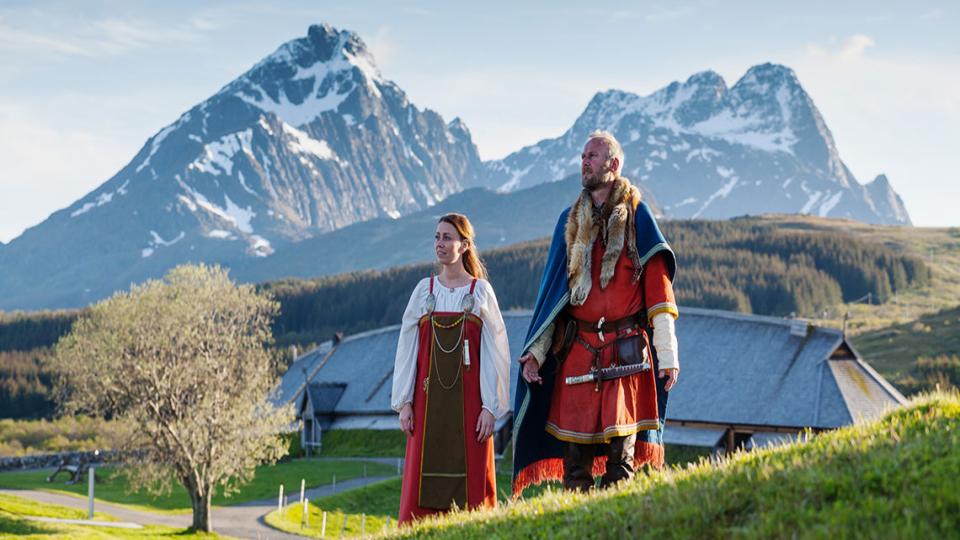75,000-150,000
Hunebedcentrum (NL)
The new exhibition in the Hunebedcentrum takes you back to the time of your earliest ancestors: the hunebed builders who lived here 5,000 years ago. Interactive games, dioramas and informative displays tell the stories of these prehistoric people. Outside you can visit the largest hunebed in the Netherlands, and in the Prehistoric Park you will come face to face with these ancient people.
Onaka Archaeological Park (JP)
Onaka Archaeological Park is situated in Hyogo Prefecture, the west of Japan. It is the settlement in the Yayoi Period dates from AD150 to AD250. There are 7 reconstructed buildings and 2 Museums in the park.
Museum Batavialand (NL)
Batavialand is both an indoor museum and a historical shipyard. Here you can see how ships are built and conserved, visit the reconstruction of the 17th century VOC ship the Batavia and find out more about the Dutch role in water management worldwide. There is special attention for the province Flevoland (which includes 450 shipwrecks) and the Zuiderzeeproject.
Musée Gallo-Romain de Saint-Romain-en-Gal - Vienne (FR)
Thirty kilometres to the south of Lyon and on the right bank of the Rhône River, the archaeological site of Saint-Romain-en-Gal – Vienne offers more than three hectares (7.5 acres) of archaeological vestiges of a neighbourhood of the Roman city of Vienne.
During Antiquity, Vienne, as it was known, was the capital of a vast territory covering the Dauphiné and Savoy regions that stretched over each side of the Rhône.
Vitlycke Museum (SE)
Vitlycke Museum is an experiential and educative centre for the World Heritage Site at Tanum. We aim to enlighten the public by explaining the Bronze Age and the World Heritage Site and to increase the awareness and interest about this period, its locational context and our rock carvings. This is carried out by way of our pedagogic and public activities aimed at schools, groups of visitors and individuals through our exhibitions, the reconstructed Bronze Age settlement and by inviting the public to visit the rock carvings.
Arheoloski Institut (RS)
The Arheološki Institut in Belgrade (the National Archaeological Institute) is performing archaeological research since 1947. They have research programmes, publish in a variety of ways, do public archaeology and reconstruct buildings.
Viminacium is an ancient Roman site on the right bank of the Danube in eastern Serbia. In an area of about 450 ha are the remains of a military camp, a city and cemeteries. Remains of a Roman bath, a mausoleum and one of the gates of the military camp can be seen, as well as a replica of a Roman villa.
Römerkastell Saalburg Archäologischer Park (DE)
The Saalburg Roman Fort Archaeological Park is an in situ reconstruction of a Roman Fort from the 2nd century AD. It is part of the decentralised county museum of the County of Hessen and a research institute. Since 2006 it has been part of the UNESCO World Heritage Upper German-Raetian Limes.
Vikingatider (SE)
The Löddeköpinge region is strategically located close to both Malmö and Copenhagen. It is in the middle of the attractive Öresund Region, one of Europe’s most innovative and multi-cultural environments and within an hour’s reach for some 20 million people. This area is full of finds from especially the Viking age - this needs to be made visible for a larger audience.
Lofotr Vikingmuseum (NO)
In Borg in Lofoten, archaeologists have excavated the longest Viking house ever found in the world of the Vikings. Close by the original site, the longhouse has been reconstructed in its full size. The longhouse is open to visitors all year. Find more: https://www.youtube.com/watch?v=rXIbNsCCzKE

